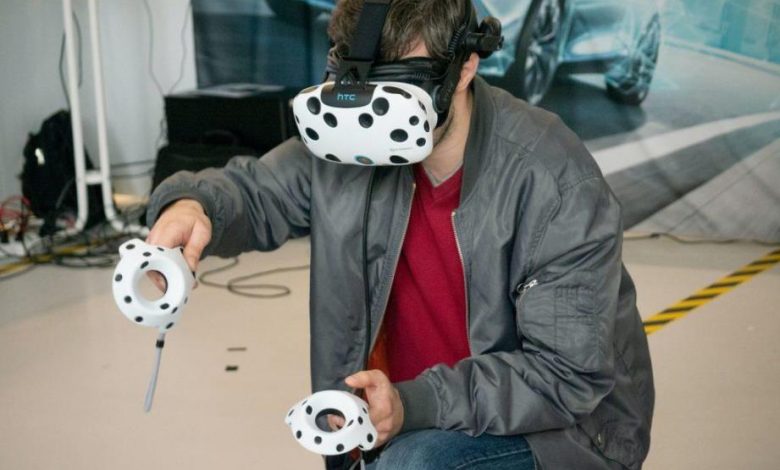The Future of Entertainment: VR Experiences and Immersive Storytelling

The Future of Entertainment: VR Experiences and Immersive Storytelling
Introduction
The entertainment industry has always been at the forefront of technological advancements. From the invention of the television to the rise of streaming platforms, each innovation has transformed the way we consume content. However, the next big leap in the future of entertainment lies in Virtual Reality (VR) experiences and immersive storytelling. In this blog post, we will explore the potential of VR and how it is shaping the future of entertainment.
What is Virtual Reality?
Virtual Reality is a technology that immerses users in a digital world, simulating a realistic and interactive environment. VR headsets, such as Oculus Rift or HTC Vive, are used to create the illusion of being physically present in a computer-generated space. By wearing these headsets, users can explore virtual worlds, interact with objects, and even engage in social experiences.
The Impact of VR on Entertainment
VR is revolutionizing the entertainment industry by offering immersive experiences that were once only possible in our imaginations. Here are some ways VR is transforming entertainment:
1. Gaming
With the introduction of VR, gaming has reached a whole new level. Instead of just controlling a character on a screen, users can now become part of the game. VR brings a sense of realism and interactivity that traditional gaming cannot match. From exploring fantastical worlds to engaging in heart-pumping action, VR gaming offers a thrilling experience like no other.
2. Movies and Television
VR is also changing the way we watch movies and television. Instead of passively sitting in front of a screen, users can now be transported into the world of their favorite shows and films. With 360-degree videos and immersive storytelling techniques, viewers can feel as if they are a part of the story, gaining a whole new level of emotional connection.
3. Live Events and Concerts
Attending live events and concerts can be expensive and often limited by physical constraints. However, VR offers a solution by allowing users to experience these events from the comfort of their homes. By using VR headsets, users can have a front-row seat at a concert, walk around art exhibitions, or even attend sports events virtually. This opens up a whole new world of possibilities for entertainment enthusiasts.
Frequently Asked Questions (FAQs)
Q: Is VR only limited to gaming?
No, VR is not limited to gaming. While gaming has prominently adopted VR technology, its potential goes far beyond. VR is being used in various fields, including education, healthcare, architecture, and more. The entertainment industry is just one facet of VR’s vast capabilities.
Q: Can anyone use VR?
Yes, anyone can use VR. However, it is advisable to check the age and health restrictions mentioned by VR headset manufacturers. Additionally, some individuals may experience motion sickness or discomfort while using VR, so it is important to take breaks and adjust settings according to personal comfort.
Q: Is VR expensive?
The cost of VR equipment varies depending on the brand and specifications. High-end VR systems can be expensive, but there are more affordable options available as well. It is essential to research and compare different options to find one that suits your budget and requirements.
Conclusion
The future of entertainment lies in the immersive experiences offered by Virtual Reality. From gaming to movies and live events, VR is transforming how we engage with content. As technology advances, we can expect VR to become more accessible and integrated into our everyday lives. The time has come to step into a new world of entertainment with VR experiences and immersive storytelling.



